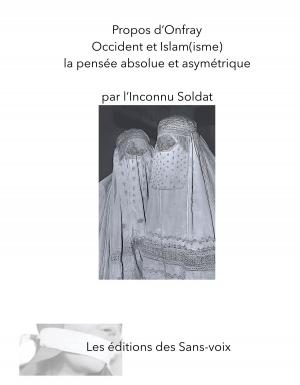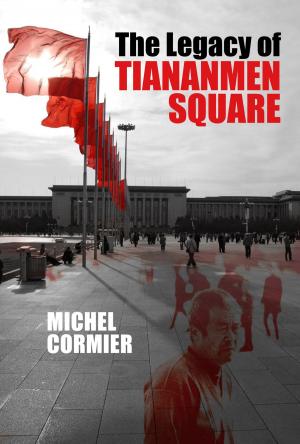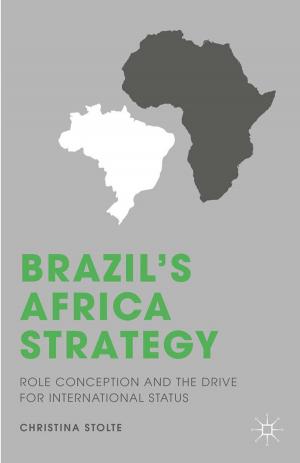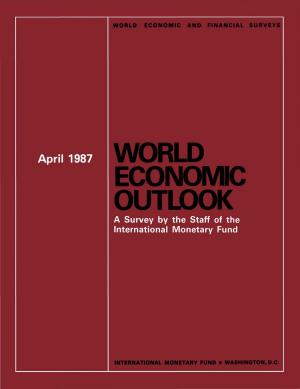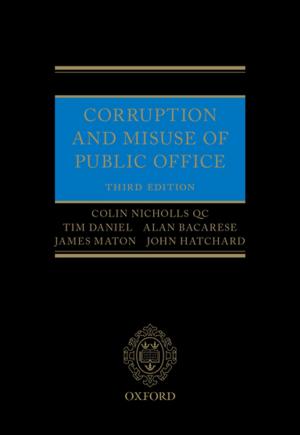Outlaw Visions
Nonfiction, Religion & Spirituality, Theology, Social & Cultural Studies, Political Science| Author: | Francis Kroncke | ISBN: | 9781301611010 |
| Publisher: | Francis Kroncke | Publication: | January 21, 2013 |
| Imprint: | Smashwords Edition | Language: | English |
| Author: | Francis Kroncke |
| ISBN: | 9781301611010 |
| Publisher: | Francis Kroncke |
| Publication: | January 21, 2013 |
| Imprint: | Smashwords Edition |
| Language: | English |
"Is globalization a predatory or a creative movement? Does it seek dominion through conquest or can it become an enabling, humanizing movement?" The answers depend upon the story we tell ourselves about the purpose, meaning, and value of human life, that is, our story of human origin. Globalization is presenting the opportunity and challenge to re-imagine and embody a new mythic story of origin, one that replaces the dominant Western biblical story of Genesis. You can and should imagine this new story of origin. You start by embracing "Outlaw Visions."
When as an elder I went back on campus (2006-2008) to promote a play about my Vietnam era anti-war trial, I was amazed to find that these young activists were my visionary grandchildren. Today’s youth mingled the passion and insights of Martin Luther King with John Lennon’s vision and were stirring up a storm of change. They sought to create compassionate communities both locally and globally. In my day it was just one war—Vietnam. Their concern was whether the human species will insanely kill itself by unleashing an ecological apocalypse and/or destroy the whole planet through creating a nuclear winter.
Outlaw Visions takes you on a journey that wends through monastic hallways, trial courtrooms, jail and prison cells, and onto campuses to engage with today’s young activists. I climbed to the mountaintop, shouted “Peace! Peace!”—and heard society’s judgment: “Criminal!” We then fall and descend into the hellish sectors of prison’s darkness where I existed as a subhuman. I use personal narrative and accounts of intimate prison experiences so that you can enter into realms of human thought and feeling that are dark, at times heretical, even possibly evil to you. I describe my becoming a subhuman, an institutional number—8867-147, and being The Man’s Bitch. You hear that the judge ruled that I was an “irrelevant and immaterial” human. With that verdict he effectively showed the world that I was no more than a babbling, incoherent fool. These inmate stories are the factual and inspirational bedrock for Outlaw Visions.
You then descend into the terrifying prison sector “where everything human is soon absent.”
There are three sets of “Rung stories” written as first-person accounts which are raw and savage. I make no apologies. They take you down three levels into the Shadow realm, ending “where everything human is soon absent.” Prison’s revelation was that unless I experienced my own subhumanness that I would never become a real human person. To enable you to become me, I tell these Rung stories—which I carved out of my flesh and spirit. You learn how to ascend from the dark sector into the sunlight sector and develop the “Earthfolk” vision that enables you to dwell peacefully and comfortably at home on the Living Earth.
In discussions with young activists a set of visionary words and images emerged that were inclusive, universal, ecological, and above all, about justice and the acceptance of all people as children in one human family. Yet, I discerned a growing split between two ways to embody this emerging vision. That of the Earthpeople and the Earthfolk. The critical difference was in the activist’s sense of “Mother Earth.” Was she alive, a goddess, and worthy of veneration? Was She a living Earth? I realized that my prison experiences and my Outlaw Visions—with its call to experience one’s subhumanness—provides those emerging as Earthfolk with a pathway and set of practices to learn how to discover their Mother and venerate Her.
The Earthfolk vision and practices present a fundamentally distinct way of understanding what it means to be human, and how humans as individuals and communities can interact with each other.
"Is globalization a predatory or a creative movement? Does it seek dominion through conquest or can it become an enabling, humanizing movement?" The answers depend upon the story we tell ourselves about the purpose, meaning, and value of human life, that is, our story of human origin. Globalization is presenting the opportunity and challenge to re-imagine and embody a new mythic story of origin, one that replaces the dominant Western biblical story of Genesis. You can and should imagine this new story of origin. You start by embracing "Outlaw Visions."
When as an elder I went back on campus (2006-2008) to promote a play about my Vietnam era anti-war trial, I was amazed to find that these young activists were my visionary grandchildren. Today’s youth mingled the passion and insights of Martin Luther King with John Lennon’s vision and were stirring up a storm of change. They sought to create compassionate communities both locally and globally. In my day it was just one war—Vietnam. Their concern was whether the human species will insanely kill itself by unleashing an ecological apocalypse and/or destroy the whole planet through creating a nuclear winter.
Outlaw Visions takes you on a journey that wends through monastic hallways, trial courtrooms, jail and prison cells, and onto campuses to engage with today’s young activists. I climbed to the mountaintop, shouted “Peace! Peace!”—and heard society’s judgment: “Criminal!” We then fall and descend into the hellish sectors of prison’s darkness where I existed as a subhuman. I use personal narrative and accounts of intimate prison experiences so that you can enter into realms of human thought and feeling that are dark, at times heretical, even possibly evil to you. I describe my becoming a subhuman, an institutional number—8867-147, and being The Man’s Bitch. You hear that the judge ruled that I was an “irrelevant and immaterial” human. With that verdict he effectively showed the world that I was no more than a babbling, incoherent fool. These inmate stories are the factual and inspirational bedrock for Outlaw Visions.
You then descend into the terrifying prison sector “where everything human is soon absent.”
There are three sets of “Rung stories” written as first-person accounts which are raw and savage. I make no apologies. They take you down three levels into the Shadow realm, ending “where everything human is soon absent.” Prison’s revelation was that unless I experienced my own subhumanness that I would never become a real human person. To enable you to become me, I tell these Rung stories—which I carved out of my flesh and spirit. You learn how to ascend from the dark sector into the sunlight sector and develop the “Earthfolk” vision that enables you to dwell peacefully and comfortably at home on the Living Earth.
In discussions with young activists a set of visionary words and images emerged that were inclusive, universal, ecological, and above all, about justice and the acceptance of all people as children in one human family. Yet, I discerned a growing split between two ways to embody this emerging vision. That of the Earthpeople and the Earthfolk. The critical difference was in the activist’s sense of “Mother Earth.” Was she alive, a goddess, and worthy of veneration? Was She a living Earth? I realized that my prison experiences and my Outlaw Visions—with its call to experience one’s subhumanness—provides those emerging as Earthfolk with a pathway and set of practices to learn how to discover their Mother and venerate Her.
The Earthfolk vision and practices present a fundamentally distinct way of understanding what it means to be human, and how humans as individuals and communities can interact with each other.



